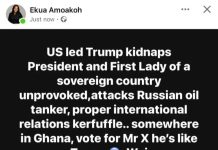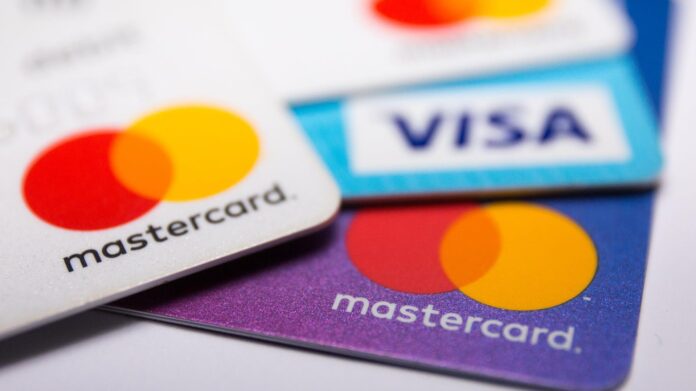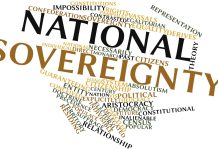Visa and Mastercard, two of the world’s biggest payment and credit card companies have blocked Russian banks and financial institutions from their networks following Russia’s attack on Ukraine.
The move follows several sanctions and actions that have been issued and taken against Russia.
Following allegations of a cyber attack on its defence ministry and two state banks, Russia launched an unprecedented attack on Ukraine. This has forced the US and governments around the world to impose sanctions that take away Russia’s ability to participate in the global financial system – the idea is to cripple Russia’s economy.
A sanctions list curated by the US called the Specially Designated Nationals list hosts the names of Russian individuals and financial institutions placed in a “red zone”, meaning companies and individuals in the US are barred from doing business from individuals and companies on the list.
Payments giant Mastercard said on Monday that it had “blocked multiple Financial institutions” from its network. It failed, however, to give a list of these financial institutions that it blocked. The company also added that “We will continue to work with regulators in the days ahead to abide fully by our compliance obligations as they evolve”.
Today, its rival Visa announced that it had blocked the financial institutions on the sanctions list emphasizing that it was “taking prompt action to ensure compliance with applicable sanctions, and are prepared to comply with additional sanctions that may be implemented.”
Together, Mastercard and Visa have promised $2 million towards humanitarian relief funds for Ukraine.
Prior to the decision to block Russia from their networks, the US, Canada and European allies met on Saturday and agreed to ban Russian banks from the interbank messaging system, SWIFT. This will impede Russia’s ability to communicate with other banks outside of its borders.
The Russian currency has also taken a toll as its value continues to plunge on these sanctions.
Last weekend, Ukraine’s Vice Prime Minister Mykhailo Federov urged various cryptocurrency platforms to block the accounts of Russian users. While Binance said it isn’t blocking Russian users on its platforms, it assured Ukraine that it is “taking the steps necessary to ensure we take action against those that have had sanctions levied against them while minimizing impact to innocent users”.
The CEO of crypto platform Kraken said that the company “cannot freeze the accounts of our Russian clients without a legal requirement to do so”.
However, DMarket, a platform that gives people access to trade virtual in-game items, however, said via Twitter that it has halted “all relationships with Russia and Belarus due to the invasion of Ukraine”. Accounts from Russia and ally Belarus have been frozen and new registrations cannot take place.
Meanwhile, more than $10 million have been raised in crypto donations to the Ukraine government through two crypto wallet addresses (one for Bitcoin and the other for Ether) the government shared via its official Twitter account. NGOs raising support for the military have also raised more than $4 million in crypto donations.








































